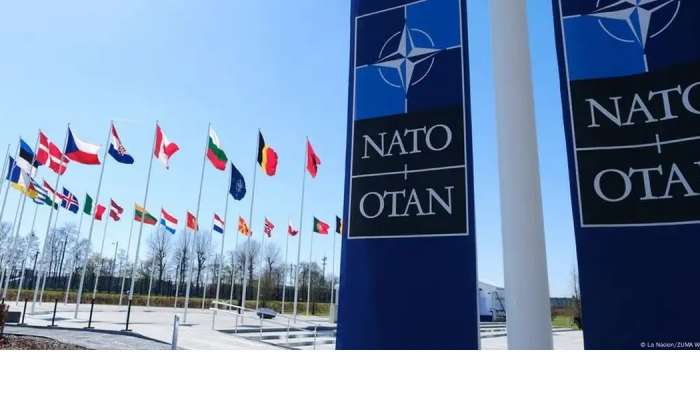
Brussels: NATO members agreed on Sunday to increase defense spending to 5% of their countries' GDP, a benchmark long sought by US President Donald Trump, who had complained more vocally than other US presidents that his country had shouldered much of Europe's security for too long.
Spain had sought to block the measure, but ultimately dropped its opposition after a deal was reached for it to be exempt.
It is expected that NATO members will vote in favor of ramping up defense spendingto 5% during the upcoming two-day NATO meeting set to start Tuesday in The Hague.
Once adopted, all member nations except Spain will have until 2035 to reach the goal of 5%.
The agreement calls for at least 3.5% of national GDP to be spent on core military needs, while an additional 1.5% can be allocated for related expenditures.
Spain claims exemption
Spanish Prime Minister Pedro Sanchez fought the deal. In a blistering letter to NATO chief Mark Rutte, Sanchez said the 5% figure "would not only be unreasonable, but also counterproductive."
Sanchez went further during a national address on Spanish television. "A 5% spending would be disproportionate and unnecessary," he said.
"We fully respect the legitimate desire of other countries to increase their defense investment, but we are not going to do it," he said, adding that Spain could meet all its commitments to NATO, in terms of staff or equipment, by spending only 2.1% of its GDP.
Of all of NATO's members, Spain has been one of the lowest-spending on defense in relative terms.
Sanchez has also been facing political pressure at home, where a corruption scandal threatens his government and his junior coalition partner, the far-left alliance Sumar, is openly hostile to increasing military spending.